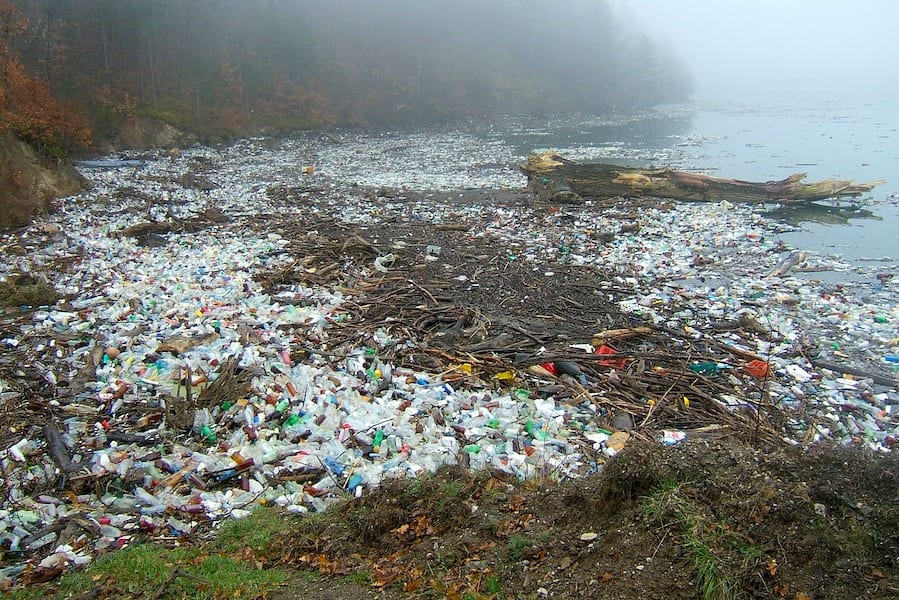Prince Albert II is among 64 world leaders who have promised to put the environment at the top of the post-Covid economic recovery list, joining the Leaders Pledge for Nature ahead of the United Nations Summit on Biodiversity.
Prince Albert joins the likes of Emmanuel Macron, Angela Merkel, Justin Trudeau, Jacinda Ardern and Boris Johnson in his commitment for “meaningful action” to halt the rampant destruction of life-sustaining ecosystems.
The Leaders Pledge for Nature includes a10-point programme that is aimed at fighting pollution, countering biodiversity loss, restoring ecosystems and adopting sustainable economic practices. It was launched virtually in New York on Monday, ahead of the United Nations Summit on Biodiversity, which will also be held virtually, on Wednesday.
In the Prince’s videotaped message shared on social media, he states: “Biodiversity loss is an urgent threat to health, food supplies and livelihoods across the globe, as well as cultural and spiritual benefits. Unless we take greater action to protect and restore nature, all of us will face significant declines in the vital services that it provides to us every day.”
“Oceans and seas continue to be in great danger and do not receive the attention they deserve. Together, we can set nature on the path to recovery by 2030 and transition to a nature-positive world that safe-guards human health and livelihoods in both the short and long term,” he added in a nod to his passion for ocean protection.
Participants in the Leaders Pledge for Nature are calling for “a transformative change”, noting that things cannot continue the way they are. The game plan is to combine strong political will with actual accountability as well as legal, economic and financial backing to provide incentives to make the necessary changes in attitudes toward environmental management.
The leaders describe the pledge as a “turning point” by which future generations will judge their willingness to act on environmental destruction.
Photo: At the Drina River, which flows between Montenegro, Serbia and Bosnia, tons of garbage is stuck near a key hydroelectric power plant, forming huge garbage islands that float on the surface.
World leaders pledge to reverse biodiversity loss
